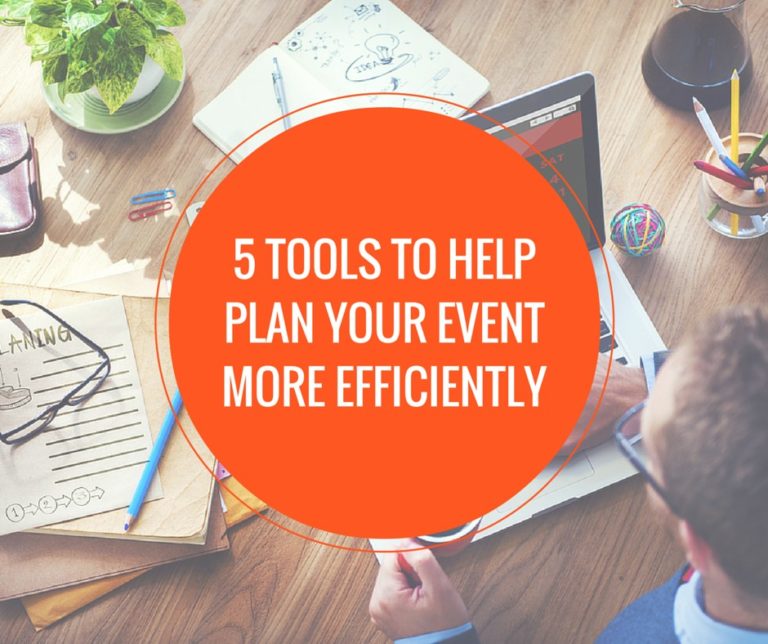Beacon technology can be a fantastic tool meeting planners and event organizers can use to deliver a more personalized and engaging experience for their attendees. With mobile apps acting as a ‘digital sixth sense,’ the ability to deliver relevant content becomes almost organic.
However, while beacons provide many positives, one of the challenges the technology has always faced is the issue of privacy. This raises the question: how much privacy should attendees reasonably be expected to keep when then they attend a conference or event? Planners and organizers need to look at how they can use beacons as an advantage so they don’t end up being an annoyance—especially with audio beacons. Using the microphone on your smartphone as the access point, audio beacons send ultra-high frequency sounds that you cannot hear. When using any beacon technology Event Tech Lab cofounder James Morgan suggests carefully considering how it will be used and how your attendees will view its use. You may be gathering and distributing all sorts of great information, but if you attendees feel their privacy has been violated in any way, your long-term reputation could suffer. One way you can help alleviate any concerns is to give your attendees a head’s up. Educate them on why your event is using beacons and let them know they can opt-out of regular notifications by turning off the Bluetooth function on their mobile device. Just remember, opting out of audio beacons requires a complete smartphone shut off, and the chances of that happening are probably slim. All the more reason to be careful and transparent with how you using audio beacons.
Photo via: UX MagazineÂ
Now that we’ve given you an idea on how to use (or not use) audio beacons at your next event, it’s time to start creating your event on Events.com.Â



